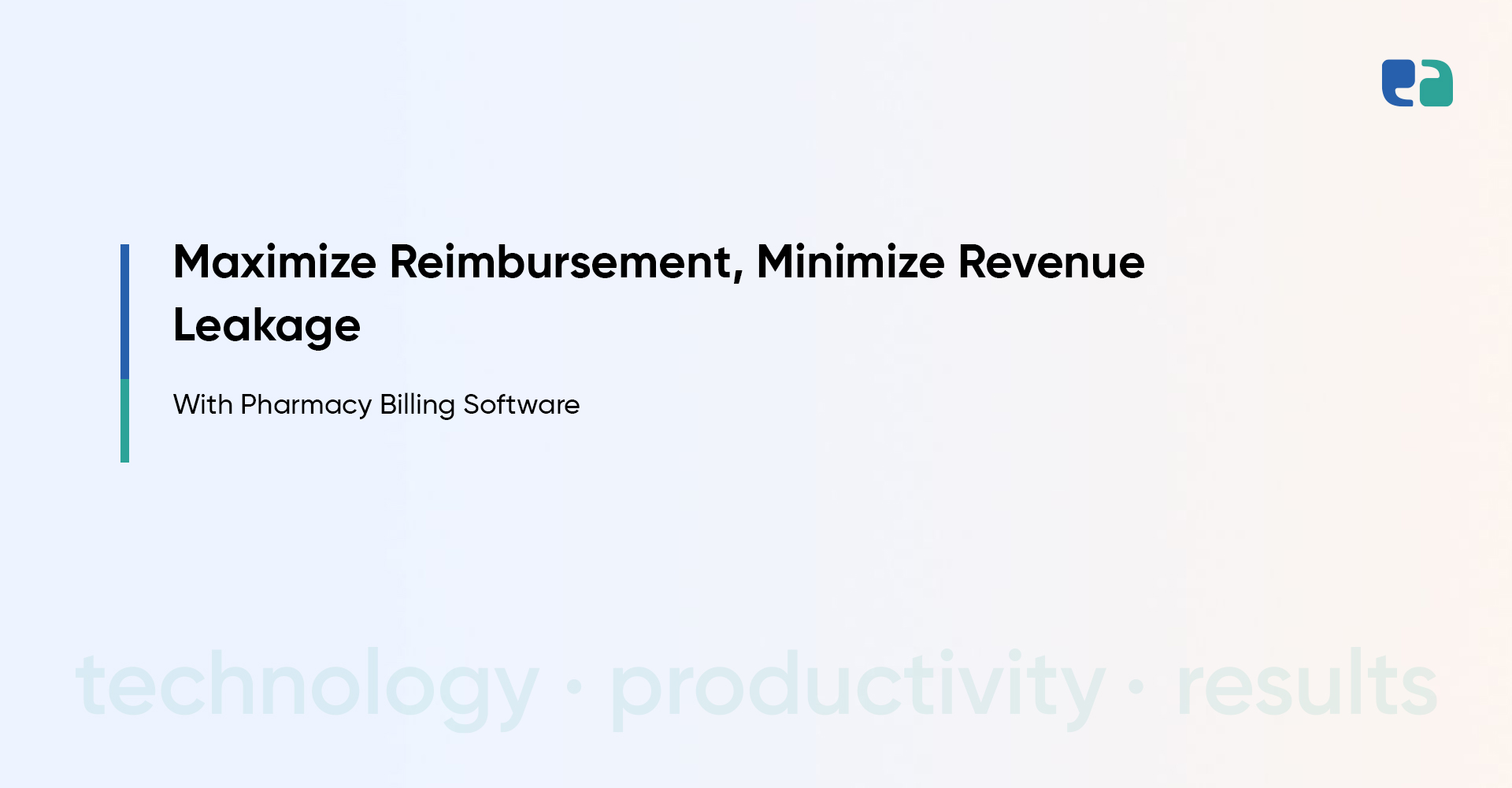In the healthcare industry, effective revenue cycle management (RCM) is essential for the financial stability and success of healthcare organizations.
Pharmacy Billing is one of the most crucial aspects of healthcare.
Similar to other healthcare billing disciplines, pharmacy billing is quite challenging for pharmaceutical companies.
To add to the complexity, some injections and drugs are excluded from health insurance coverage.
The Categories of Pharmacy Billing
Pharmacy billing encompasses several categories that involve different aspects of the billing process.
Understanding these categories is essential for navigating the complexities of pharmacy billing effectively.
The main categories are:
Key Factors in Pharmacy Billing
Role of Pharmacy Billing in Revenue Cycle Management (RCM)
Key Challenges in Pharmacy Billing
Healthcare Integration is Tricky but, it is the Key to Seamless Workflow
Integrating your pharmacy software with the EHR or other healthcare software platforms can be challenging.
But you don’t have to worry.
We, at SyS Creations, are here to help you!
Working for almost a decade in the healthcare industry, we know the compliance and health tech requirements like the back of our hands.
If you have any healthcare software integration requirements, fill out the form below and our team will reach out to you within 2 business days.



